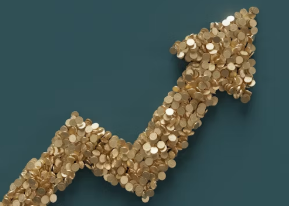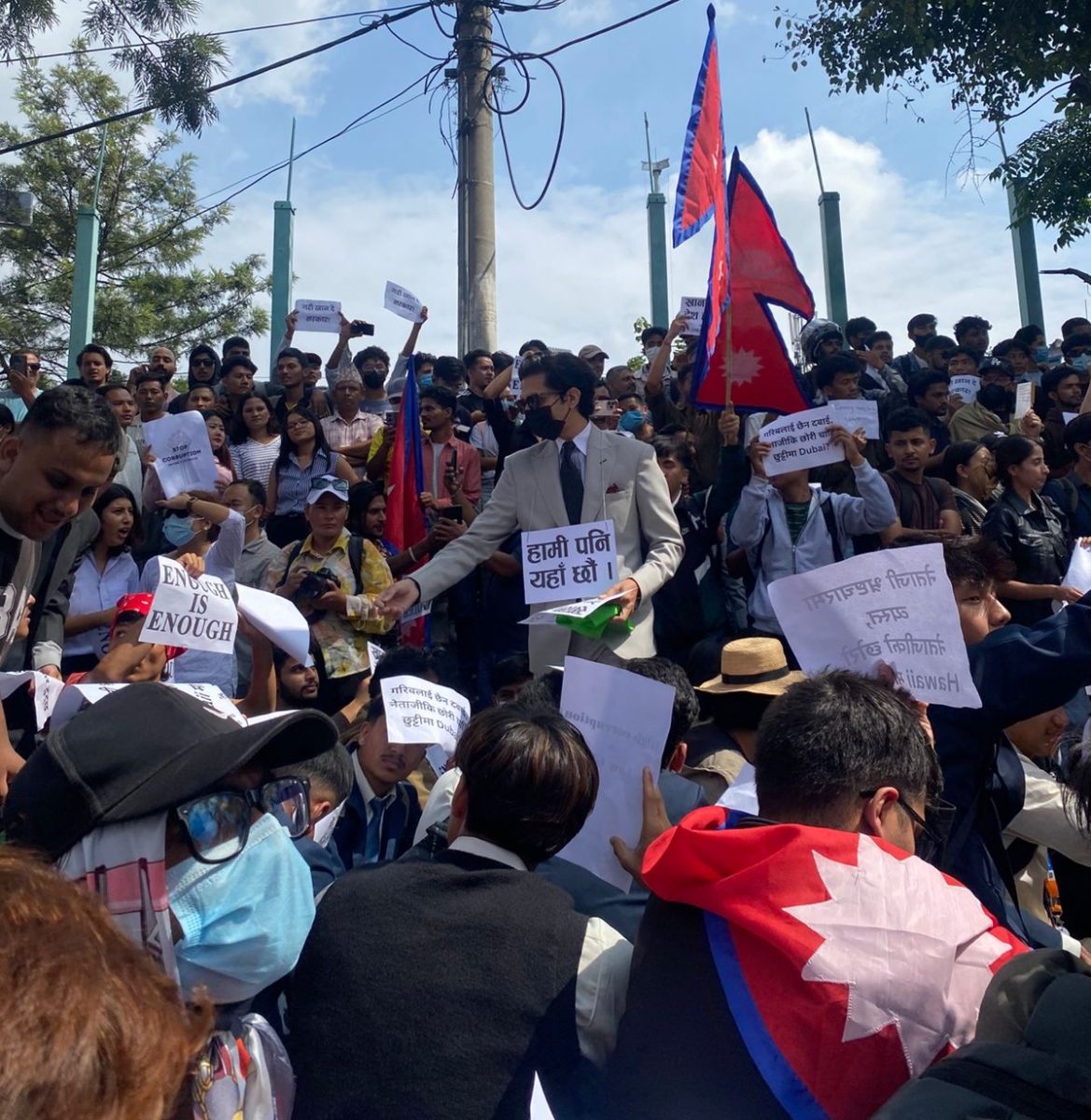The newly sworn-in President Donald Trump has recently signed several executive orders that are going to change how the United States interacts with the rest of the world. These executive orders have started the process of withdrawing the country from the World Health Organization (WHO) and the Paris Climate Accords. Withdrawing from WHO has changed the amount of information that the United States shares with the globe and is likely to cause delays in pandemic response. Additionally, withdrawing from the Paris Climate Accords has caused controversy due to the perceived loss of time as climate change continues its effects on the planet, with the recent Los Angeles wildfires, Hurricane Helene, which hit Western North Carolina and Winter Storm Blair that affected 1,500 miles from Texas to the Atlantic coast of the Carolinas commonly cited as examples.
On Jan. 20, 2025, the day of his inauguration, President Donald Trump successfully withdrew the United States from the World Health Organization (WHO). President Trump and his team initially acted upon this decision during his first presidential term, suspending funding to the organization and beginning the withdrawal process. Still, it was incomplete at the end of his first four years. Former President Joe Biden ended up reversing these efforts, but an executive order to withdraw from the WHO was signed on the first day of President Trump’s second term. According to President Trump, the United States pours an unfair amount of money into the organization compared to countries like China with a bigger population who ultimately pay less. He initially tried to leave in his first term after claiming that the organization was too slow in response to the COVID-19 pandemic, but was unsuccessful. The executive order will take a year to officially process, and although the decision had been planned since the first Trump Administration, its true effects have yet to be seen.
The WHO is a global institution founded in 1948, made up of 194 countries intending to globalize health mandates within participating groups. The United States has been a large source of funds towards its efforts with contributions ranging from $163 million to $816 million annually over the last decade. The organization’s main roles and responsibilities include setting medical standards, disease control, medical research and monitoring global health trends. Additionally, they aim to provide healthcare for underprivileged people, ensuring the health of the underserved. As of 2007, the agency has been able to declare global health emergencies, which is a power unique to them. The WHO is already an underfunded program with an inflexible budget. Concerns have been raised that the WHO losing its biggest contributor, the United States, will lead to a lack of jobs within the institution and a reduced ability to achieve global healthcare goals.
In addition to the withdrawal from the WHO, President Trump signed on Jan. 20, 2025 the executive order entitled: “Putting America First in International Environmental Agreements,” which seeks to remove the United States from the Paris Climate Accords. The Paris Climate Accords are an international treaty on climate change and were signed in 2016 by nearly 200 countries around the globe. This treaty sought to hold “the increase in the global average temperature to well below 2°C above pre-industrial levels” and pursue efforts “to limit the temperature increase to 1.5°C above pre-industrial levels.”
In August of 2017, the Trump administration delivered an official notice to the United Nations that the United States, the second largest emitter of greenhouse gases after China, intended to withdraw from the Paris Agreement as soon as it was eligible to do so. The Trump administration withdrew after the required time passed in November of 2020. Former President Biden, shortly after his inauguration, rejoined the Paris Climate Accords. The Trump Administration’s second withdrawal will only take one year to be official, as opposed to the first withdrawal, which took three years. The Trump Administrations states that this withdrawal was done to “put the interests of the United States and the American people first,” avoid “unduly or unfairly burdening the United States,” highlight its “successful track record of advancing both economic and environmental objectives” and prioritize “economic efficiency” in international energy engagements, according to the executive order.
In addition to these presidential plans, the United States also wants to move the United States Agency for International Development (USAID) into the Department of State and further change it to align with American interests. The USAID is an agency dedicated to humanitarian work outside the United States.
The USAID is an agency of the United States Government that is primarily responsible for administering civilian foreign aid and development assistance. USAID has a budget of over $50 billion and is one of the largest official aid agencies in the world with the highest number of absolute dollars spent. It has missions and projects in over 100 countries, primarily in Asia, Africa, Latin American, the Middle East and Eastern Europe. On Jan. 24, 2025, President Trump announced sweeping changes to USAID, including a near-total freeze on all foreign aid and dozens of its employees being put on leave.
Among the many countries and regions that USAID gives aid to are Haiti, Afghanistan, Iraq, Lebanon, Cuba, Bolivia, East Africa and Vietnam. In Haiti, they offered resources after the 2010 Earthquakes allowing Haitians to rebuild stronger and healthier than before. In Afghanistan and Iraq, USAID helped reconstruction efforts in both countries after the United States foreign involvement in these countries. In Lebanon, the agency has given funding to the Lebanese American University, located in New York and Lebanon, and the American University of Beirut in Lebanon. In Cuba, the USAID created a social media app known as ZunZuneo that would share anti-Cuban regime propaganda that would try and incite a rebellion within Cuba. Through systematically changing what was discussed on the app from talking about sports, music and weather, and then moving it to content that would create political unrest within the region. This attempt failed and was shut down in mid 2012, to which the United State Government said that they funded it but denied that it was a covert program. In Bolivia, it helped to try and incentivize farmers in the Coco-growing Chapare region to diversify their crops and become less reliant on this one crop. In 2011, USAID launched the “Famine, Wars, and Drought” campaign which aimed to spread awareness about that year’s drought that affected East Africa. In Vietnam, USAID alongside the United States Department of Defense and Department of State have supported the removal of unexploded ordinances and landmines. In addition, they worked to remediate soil contaminated by Agent Orange, a chemical herbicide sprayed by the U.S military during Operation Ranch Hand of the Vietnam War.
Department of State Secretary Marco Rubio was named to be the Acting Administrator for USAID. He cited that the agency has long strayed from its original mission of responsibly advancing American interests abroad, and that certain funding is not aligned with the core national interests of the United States.
Additionally, President Trump and his administration also signed an order saying that the United States is withdrawing from the United Nations Human Rights Council (UNHRC). The UNHRC is a United Nations body whose mission is to promote and protect human rights around the world. The human rights they protect include but are not limited to the freedom of association and assembly, freedom of expression, freedom of belief and religion, women’s rights, LGBT rights and the rights of racial and ethnic minorities. On Feb. 4 2025, President Trump signed an executive order entitled, “Withdrawing The United States From and Ending Funding To Certain United Nations Organizations And Reviewing United States Support To All International Organizations,” which announces that the United States of America is leaving the United Nations Human Rights Council which has been around since 2006.
During the first Trump Administration, U.S. Secretary of State Mike Pompeo and U.S. Ambassador to the United Nations Nikki Haley announced that the United States, under President Trump, was pulling out of the UNHRC, accusing the council of being “hypocritical and self-serving,” said U.S. Ambassador to the U.N. Haley. In February of 2021, Former President Biden’s Secretary of State Antony Blinken announced that the United States would be reentering the council. Since its inception in 2006, it has investigated 40 countries, territories or regions for human right violations. Among them were Belarus, Nicaragua, Ukraine, Libya, Venezuela, Myanmar, South Sudan, Iraq, Eritrea and Sri Lanka.
The executive order to withdraw from the UNHRC announces that the United States will “not participate in the UNHRC and will not seek election to that body,” “terminate the office of United States Representative to the UNHRC” and “withhold the United States proportionate share of the total annual amount of UN Regular Budget funding for the UNHRC.” These actions have been taken due to concerns that the UNHRC “has protected human rights abusers by allowing them to use the organization to shield themselves from scrutiny,” as said in the executive order.
Alongside these organizations, treaties, agencies and councils, President Trump continues to alter the United States’ role in the world at large. Through prioritizing American citizens over foreign countries,”Draining the Swamp” by removing federal bureaucrats to make America work for Americans and making it the official policy of the State Department to have an American-First foreign policy, President Trump is changing both foreign and domestic policy that will define the next four years of his presidency.

















































































